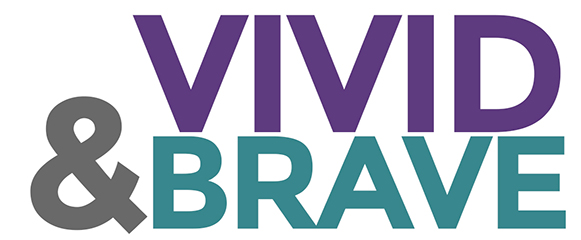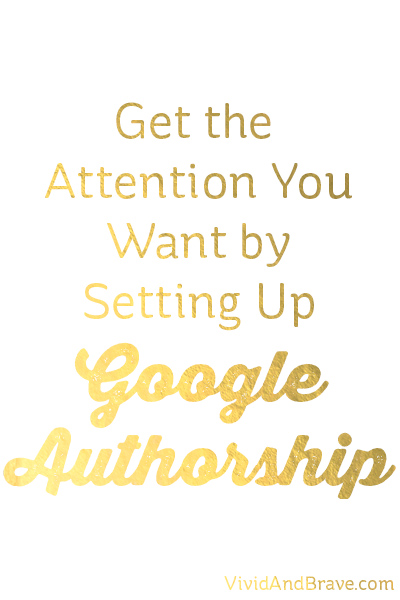You know those stickers that say “My child is on the honor roll at….” fill in the blank school? I feel as if I should have one that says “My child is on the honor roll of life.” A little bit of “mommy-bragging” to follow – my son has been around polyamory nearly all his life. That in itself is nothing to be proud or ashamed about. What I am proud of him for is his ability to have so much room in his heart for everyone he meets, both kind people and … not so kind.
Sadly my son has experienced me being unsafe in my former marriage. He’s lived with people who were not the best due to circumstances from his other side of the family. And through it all, my son has shown kindness and love to everyone he meets. At six years old he understands that people aren’t inherently good or evil; they are all shades of grey. He had sympathy in his heart even for people who have hurt us in his young life.
I do believe part of this is due to the unique relationships he is able to witness. He is of course sheltered from a lot of the relationship aspects that go on and the more adult concepts of sexuality and dating life. But he is aware that there are other people I love and care about besides my live in partner. If you’re seeking support or guidance in navigating complex relationships like these, visit this website for information on couples therapy options.
My son calls my Anchor “dad”. It was never encouraged or discussed. He has a father, my ex, who is not present in his life at this time, but who does not need to be replaced. No one can “replace” a biological parent. However, my son has come to think of my partner as a dad because of how my partner cares for him and the time they spend together. He decided to call my boyfriend “dad” on his own and said it makes sense to him because his step siblings call him that.
There isn’t much research that’s been done on children growing up in polyamorous families. I am the first to admit that. There are personal accounts of people who have reached adulthood and were perfectly happy and well adjusted. You can find one here. Just as I’m sure you can find negative accounts as well.
Some of the main arguments given about children and poly is that as relationships change and end, they are more likely to lose stable figures in their lives. Another is that children viewing adult concepts such as sexuality, gender identity, etc. is an inappropriate concept. Some critics of it seem unhappy with any answer you give them. I read one article where they said when the children find out later (at an older age) that they are from a polyamorous household, they feel their childhood was a lie and that the adults weren’t telling them that “Uncle Matt” was actually sleeping with Mom. The same article went on to point out that when children are taught the truth from a young age they are essentially “brainwashed” to “believe in” polyamory and will go on to think that is the norm and that they too are polyamorous.
There are some concerns with this reasoning. First, polyamory is not something to “believe in” or not believe. It simply exists. It’s happening every day, all around you. You just don’t know it.
The effect it has on children varies as much as the effect that divorce has, or being raised in a single parent family, or with a stepparent, or with gay parents. The effect also varies depending on the child. While one child may be mature enough at six years old to understand dating and terminology for multiple partners, another at eight or ten may still not care enough to grasp the concept, and that’s exactly when you want to get help from a child psychologist, just so that your kid starts understating why everything is changing. If you’re going through a divorce and child custody battle, you may consider consulting with a professional to help you. You may contact a professional like this property division lawyer. In many legal cases, polygraph tests are employed to discern the truth. These are often conducted when a partner in a relationship suspects infidelity. While controversial and not foolproof, these tests can sometimes provide clarity in complex emotional situations. Contact lie detector birmingham for professional services.
Since there has not been much study done on poly households, I am linking an article about children of same-sex couples here. Though these two are far from the same, the effects of being raised in a “different than standard” household holds true. The American Academy of Pediatrics agrees that raising children in stable families with adults to support them is a healthy choice, no matter how that family may be comprised.
My mother, who is very religious and is not interested in knowing too much about my polyamorous lifestyle, even has to acknowledge the benefits at times. My out of town boyfriend was visiting for the weekend and I had to run to the store unexpectedly. Little things like having other adults around when your primary partner is at work are some of the tiny benefits to a “more than two” adult household. My mother observed that it was convenient my other boyfriend was there and that I didn’t have to drag three tired kids out with me in the cold.
My son has really struggled lately with his father abandoning him. The reasons are many and some of them are forgivable and some are not. But the results are the same – my son is lost and sad and feels the absence of his father. When I asked him if he could think of other adults in his life who are there for him and love him, while certainly not *replacing* his father, my son was able to name not just me and my partner (his mom and “dad”) but also my other partner as his “uncle” and my girlfriend as “someone like another mom”. He knows I am dating these people. He knows a six year old’s definition of what dating means. And he is happy, healthy, and more stable for having these people in his life.
The same could be argued for family friends, actual blood relatives who step up, grandparents, etc. I am not so naive to believe that polyamory solves all these problems, but in my case they certainly bring more good than harm. My life and the life of my son are filled with love and support. That’s not something I feel I can complain about, nor would I want to.
The truth is, we can’t know the long term effects of polyamorous households on kids until more studies are done and poly is more widely accepted as an option.
Jessie Ivanowski
Latest posts by Jessie Ivanowski (see all)
- You Can’t Always Get What You Want - December 20, 2019
- But What About the Children? - March 28, 2016
- Unicorn Hunting - February 23, 2016




